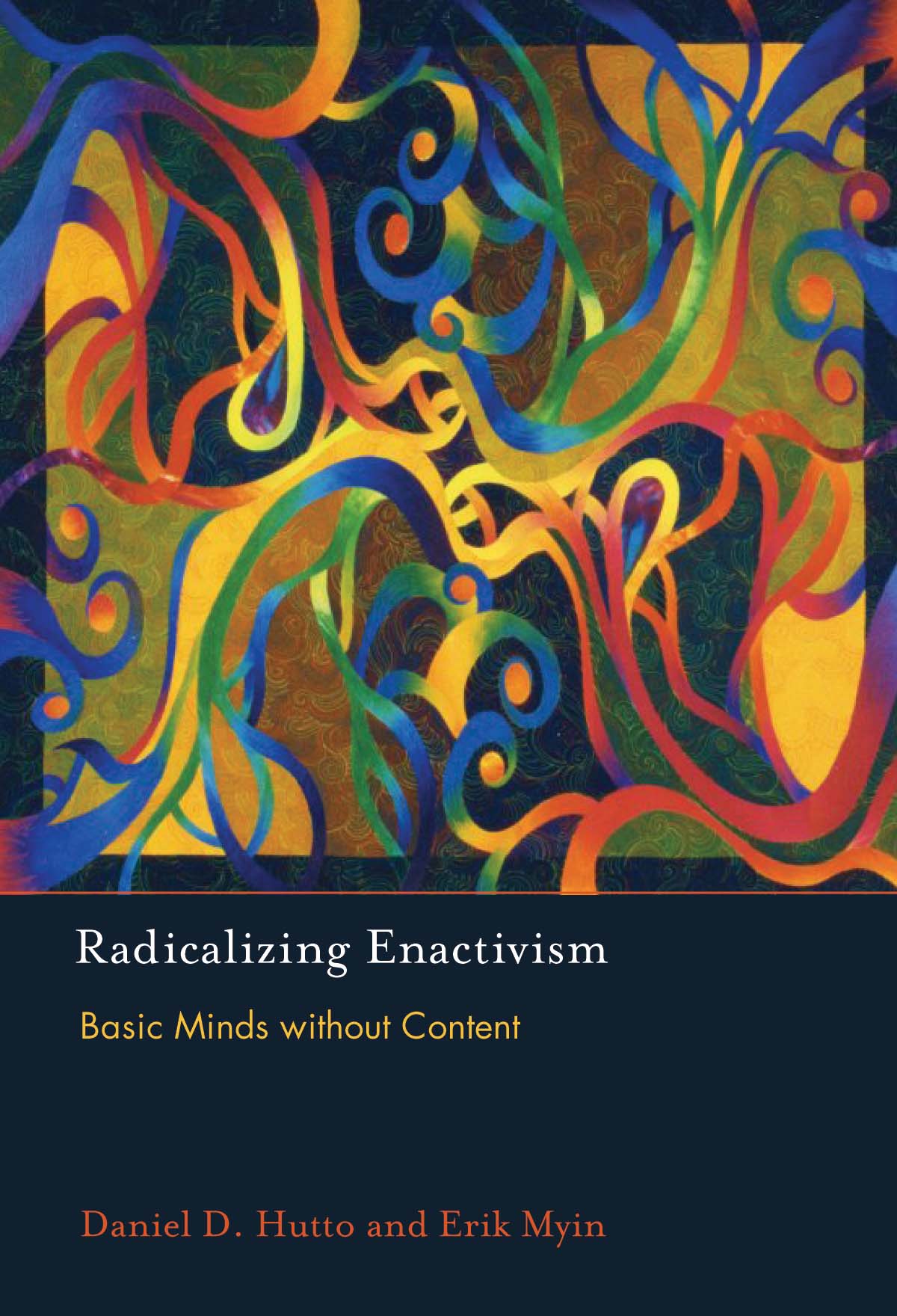Radicalizing Enactivism? Not Yet…
In my Philosophy of Mind class, we just finished reading D. Hutto and E. Myin (2013), Radicalizing Enactivism, MIT Press. One good thing about this book is the way it carefully distinguishes various “enactivist” theses. 1. The mind is embodied, embedded, enactive, extended causally; that is, the mind causally interacts …



